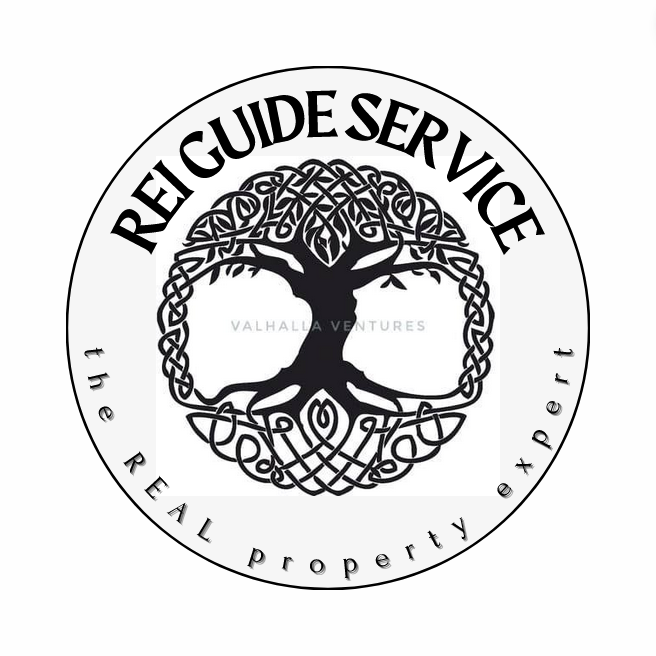Side-by-Side Comparison: Single-Family Homes (SFH) vs. Commercial Real Estate (CRE)
(Expenses, Liabilities, Pros/Cons, and ROI)
CategorySingle-Family Homes (SFH)Commercial Real Estate (CRE)Acquisition Costs- Purchase Price: Lower (150k–150k–500k).
- Down Payment: 15–25% (investment loans).
- Closing Costs: 2–5% of purchase price.- Purchase Price: Higher (500k–500k–5M+).
- Down Payment: 20–30%+.
- Closing Costs: 3–6% (more complex due to zoning/environmental reviews).Renovation Costs- Average: $20–50k.
- Time: 1–3 months (cosmetic updates).- Average: $50–200k+ (HVAC, plumbing, structural).
- Time: 6–12+ months (permits, specialized contractors).Rental Income & Expenses- Rent: 1,500–1,500–3,500/month.
- Management Fees: 8–10% of rent.
- Vacancy Risk: Higher turnover (1–2 year leases).- Rent: 5k–5k–20k+/month (triple-net leases common).
- Management Fees: 4–8% (tenant handles maintenance).
- Vacancy Risk: Longer leases (5–10 years), but harder to fill.ROI- Lower ROI (4–8% cash flow, 3–5% appreciation).
- Easier to sell (broader buyer pool).- Higher ROI (6–12% cash flow, 5–10% appreciation).
- Scalability (multi-tenant income).Liabilities- Tenant Disputes: Evictions, property damage.
- Insurance: Lower premiums (1k–1k–2k/year).- Complex Contracts: Lease disputes, zoning/environmental risks.
- Insurance: Higher premiums (5k–5k–15k/year).Time to Profit- Faster: Acquire/renovate/rent in 2–6 months.- Slower: 12–24+ months (due to permits, tenant buildouts).Financing- Terms: 15–30-year loans (lower rates).
- Easier to qualify.- Terms: 5–20-year loans (higher rates).
- Stricter underwriting (DSCR focus).
Pros and Cons
Single-Family Homes (SFH)
Pros:
Lower entry cost & easier financing.
Faster turnaround (buy/rent/sell).
Simpler management (DIY-friendly).
High demand (housing shortages).
Cons:
Lower ROI & cash flow.
High tenant turnover (leasing/marketing costs).
Limited economies of scale.
Commercial Real Estate (CRE)
Pros:
Higher ROI & cash flow.
Long-term leases (stable income).
Tenants cover maintenance (triple-net leases).
Scalability (multi-tenant properties).
Cons:
High capital requirements.
Complex management (legal/zoning expertise).
Longer vacancy periods (specialized tenants).
The Wrap
SFH: Better for beginners, quicker returns, lower risk, but modest profits.
CRE: Higher rewards and stability, but requires expertise, capital, and patience.
Liability Note: CRE carries environmental/zoning risks; SFH faces frequent tenant issues.
Both strategies can diversify a portfolio, but align with your risk tolerance, capital, and timeline.

